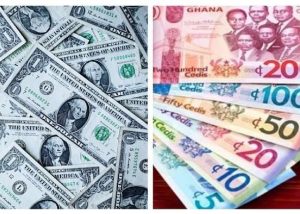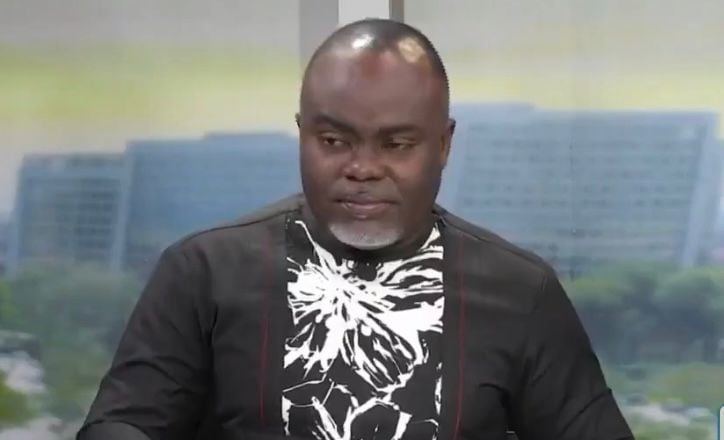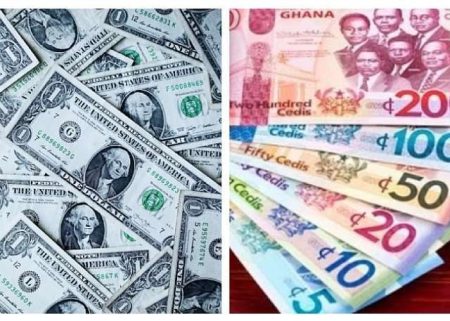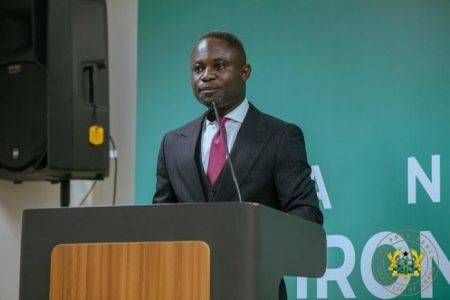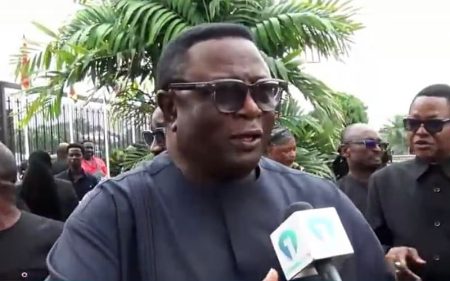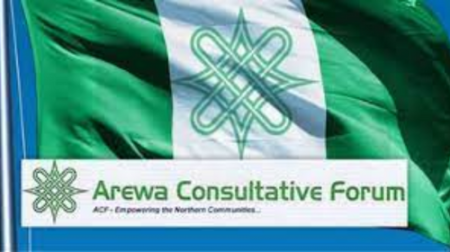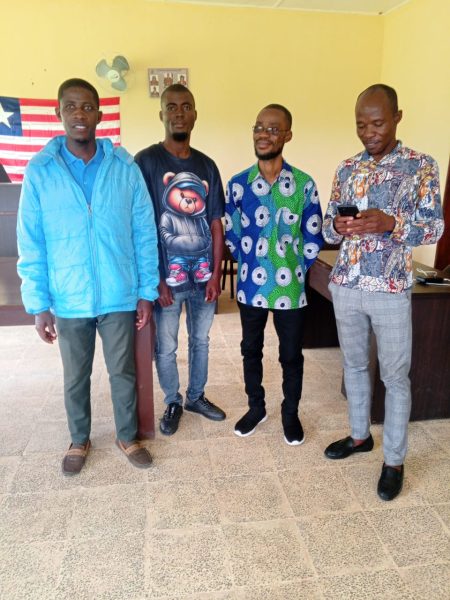Money laundering, the process of concealing the origins of illegally obtained money, poses a significant threat to Ghana’s economic stability and integrity. Wonder Madilo, a member of the National Democratic Congress (NDC) Communication Team, has highlighted the urgent need to address this issue, particularly focusing on the real estate and high-value car markets as key channels for laundering illicit funds. He argues that these sectors provide avenues for criminals to reintroduce money acquired through illegal activities back into the Ghanaian economy, effectively “cleaning” the money and obscuring its criminal source. The process often involves transferring illicit funds abroad, then reinvesting them in Ghanaian real estate or luxury vehicles. These assets are subsequently sold, integrating the proceeds into the legitimate economy and making it difficult to trace their illicit origins. Madilo emphasizes the potential for such activities to destabilize the Ghanaian economy, contributing to issues like inflation and disrupting fundamental economic principles.
The real estate sector, with its relatively opaque transaction processes and high-value assets, presents a particularly attractive channel for money laundering. Properties can be purchased with illicit funds, often at inflated prices, and then sold at market value, effectively integrating the illegal money into the legitimate economy. Similarly, the luxury car market offers another avenue for laundering money. High-value vehicles can be imported or purchased domestically using illicit funds and then resold, effectively converting the illegal proceeds into legitimate assets. The lack of stringent oversight and regulation in both these sectors contributes to their vulnerability to exploitation by criminal elements.
International cooperation and robust domestic regulations are crucial in combating money laundering through these channels. INTERPOL’s Safe Wheels operation, which revealed Ghana’s significant influx of second-hand cars – approximately 900,000 annually – underscores the scale of the challenge. This influx not only raises concerns about stolen vehicles but also creates opportunities for international car theft and money laundering syndicates. Strengthening international collaborations to track and intercept stolen vehicles is essential, as is enhancing due diligence processes for vehicle imports to prevent the entry of vehicles purchased with illicit funds.
Within Ghana, stricter regulations and enhanced oversight of the real estate sector are necessary to deter money laundering activities. Implementing measures such as mandatory disclosure of beneficial ownership for real estate transactions, stricter scrutiny of large cash transactions, and enhanced monitoring of property valuations would increase transparency and make it more difficult to use real estate for money laundering. Similarly, the luxury car market requires greater scrutiny, including closer examination of import documentation, verification of vehicle ownership history, and stricter enforcement of regulations related to vehicle sales and registration.
Beyond sector-specific regulations, strengthening Ghana’s anti-money laundering framework is crucial. This includes enhancing the capacity of financial intelligence units to track and investigate suspicious financial transactions, strengthening the judiciary’s ability to prosecute money laundering cases effectively, and fostering greater collaboration between law enforcement agencies and financial institutions. Public awareness campaigns are also essential to educate the public about the risks and consequences of money laundering and to encourage reporting of suspicious activities.
A multi-pronged approach that encompasses international cooperation, robust domestic regulations, enhanced enforcement capabilities, and public awareness initiatives is essential to effectively combat money laundering in Ghana. Addressing the vulnerabilities within the real estate and high-value car markets is particularly crucial to prevent these sectors from being exploited as conduits for illicit funds. Failing to address these issues will not only perpetuate the problem but also pose a significant threat to Ghana’s economic stability and long-term development. The government must prioritize the fight against money laundering, recognizing its potential to undermine the country’s economic foundations and erode public trust in its institutions.



